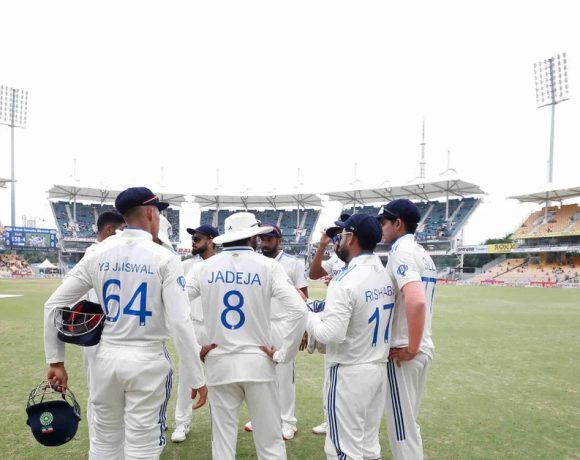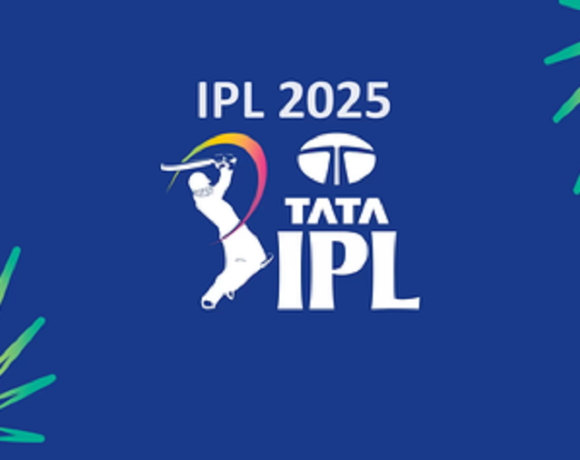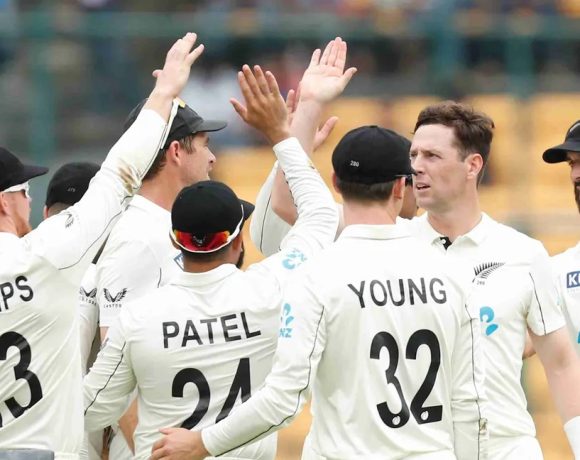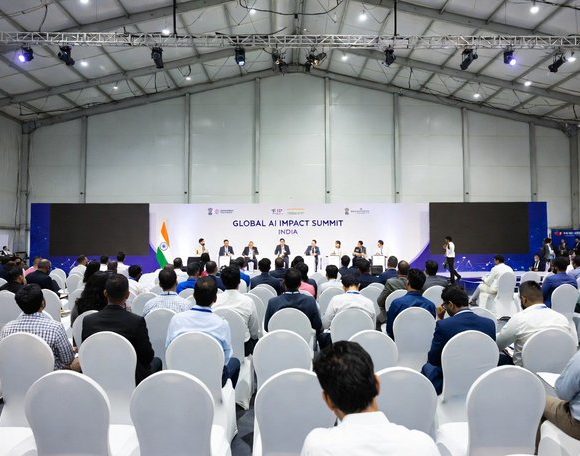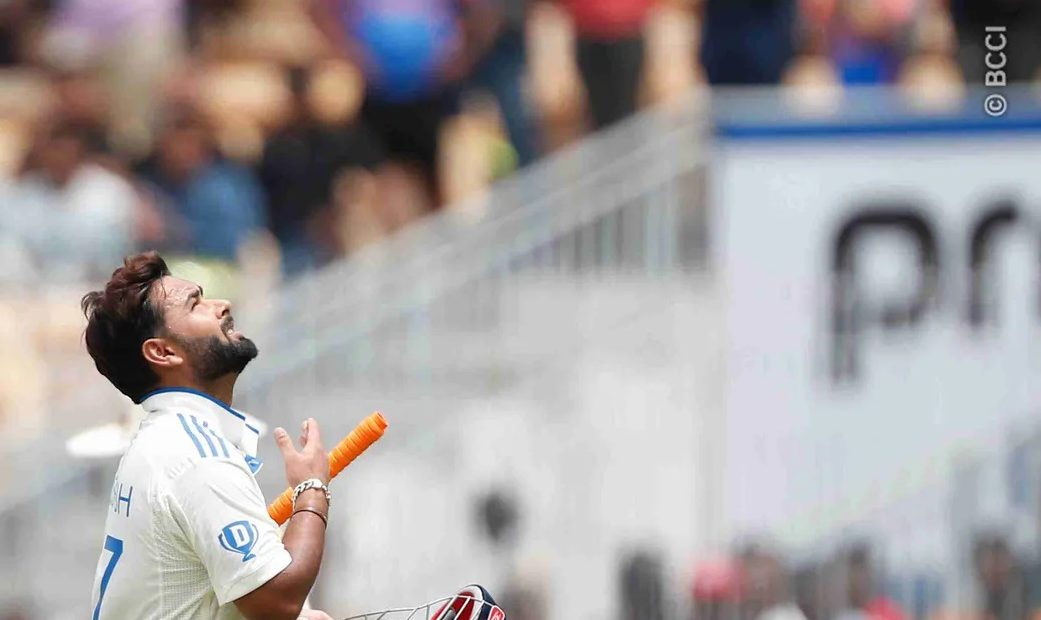
BCCI Unveils Central Contracts for 2024–25 Season
The Board of Control for Cricket in India (BCCI) has announced its annual central contracts for the 2024–25 season, listing a total of 30 players under four retainership grades for the period spanning October 1, 2024, to September 30, 2025. The contracts reflect recent performances, consistency, and the players’ role in Team India across formats. While the list includes some expected names, it also has notable omissions that have sparked conversations among fans and experts alike.
Grade A+ and Grade A: Core Pillars Retained
The A+ category, which carries the highest annual retainership of ₹7 crore, features just four players — Rohit Sharma, Virat Kohli, Jasprit Bumrah, and Ravindra Jadeja. These names represent the experienced backbone of Indian cricket and continue to command top billing across formats.
The Grade A list, offering an annual retainership of ₹5 crore, includes key all-format contributors and specialists: Mohammed Siraj, KL Rahul, Shubman Gill, Hardik Pandya, Mohammed Shami, and the returning Rishabh Pant. Pant’s inclusion is particularly significant, indicating the board’s long-term trust in his abilities despite a lengthy injury layoff.
Emerging Stars and Notable Omissions
Grade B (₹3 crore annually) includes players like Suryakumar Yadav, Kuldeep Yadav, Axar Patel, Yashasvi Jaiswal, and Shreyas Iyer. Iyer’s relegation from Grade A to Grade B — and the exclusion of several others — is seen as a reflection of form, fitness issues, and off-field controversies.
Grade C (₹1 crore annually) sees a mix of rising talent and format-specific specialists such as Rinku Singh, Tilak Varma, Ruturaj Gaikwad, Shivam Dube, Ravi Bishnoi, and Washington Sundar. It also includes new additions like Harshit Rana and Abhishek Sharma, both rewarded for their domestic and IPL performances.
Notably, Ishan Kishan, despite being part of the Grade C list, has faced criticism for skipping domestic cricket assignments — a move that had reportedly irked the selectors. Shreyas Iyer, once a fixture in the Indian middle order, is also understood to have lost favour for similar reasons and was initially omitted before being reinstated after recent red-ball appearances. Their inclusion comes with a clear message from BCCI: prioritizing domestic commitments is non-negotiable for contract security.
BCCI’s Message: Discipline, Performance, and Domestic Duty
The BCCI’s selection reflects a conscious move toward accountability. In a separate note, the board reiterated that players must participate in domestic cricket when not on national duty to remain eligible for contracts. The directive came after increasing criticism over players skipping Ranji Trophy games without sufficient cause.
The central contracts are not only about remuneration but are a critical element of the BCCI’s long-term planning for workload management, format prioritization, and grooming the next generation of cricketers. With the T20 World Cup looming and the WTC cycle ongoing, the selection reflects a blend of stability and future-readiness.
As Team India prepares for a packed international calendar, these contracts set the stage for those expected to play a pivotal role over the next 12 months — and signal to others that performance, discipline, and commitment to domestic cricket remain key benchmarks.


